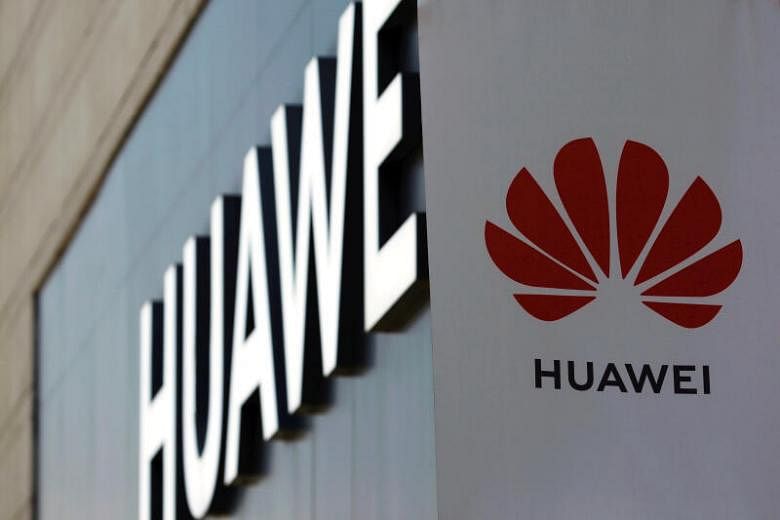BEIJING (CHINA DAILY/ASIA NEWS NETWORK) - Cutting-edge technologies may be widely available in an open, market-economy environment in this age of globalisation.
But the highly politicised China-US spat is a stark reminder of how different things can be when the tide turns.
That Huawei, the highly internationalised Chinese enterprise leading the global 5G telecommunications race, now finds much of its overseas business on the line because of a reliance on exogenous technologies highlights the potential risks arising from the lack of indigenous technologies in a harsh international climate.
It is Huawei's long-term research and development input that instil confidence that the homegrown telecommunications giant won't fall because of US sanctions.
China Electronics Corporation's latest unveiling of its Milky Way Kylin V10 operating system no doubt adds to popular confidence that Washington's whole-of-government, worldwide endeavours to suppress Chinese technological progress may not be as successful as anticipated.
Like Huawei's Harmony operating system, the Milky Way Kylin V10 system is said to be fully compatible with 5G technologies, multiple homemade CPU chips as well as X86 platforms, and capable of integrating multiple terminals such as cellphones, smart pads and personal computers.
Even better, its unique kydroid technology is reportedly able to move more than 3 million Android-based software and hardware items "seamlessly" to domestically developed platforms.
If all that proves true, it is indeed a major step forward for the domestic information technology sector, which is under tremendous pressure as the White House seeks to throttle Chinese high-tech development in the name of national security.
Although some past announcements of indigenous technological breakthroughs have turned out to be exaggerated, that indigenous operating systems such as Kylin are reportedly used in key State projects such as the Yinhe and Tianhe supercomputers, even the Chang'e space program, suggests these are the real deal.
However, the fact that the genesis of Kylin dates back to the turn of the century and has taken even longer in terms of research and development by multiple participants under a key tech-breakthrough initiative in itself illustrates the need to focus on indigenous innovation over the long term.
That there is still an undeniable gap between many domestic and international technologies means these indigenous alternatives are essentially substitutes, and there remains much to do to make them appealing as mainstream international competitors.
China Daily is a member of The Straits Times media partner Asia News Network, an alliance of 24 news media organisations.

